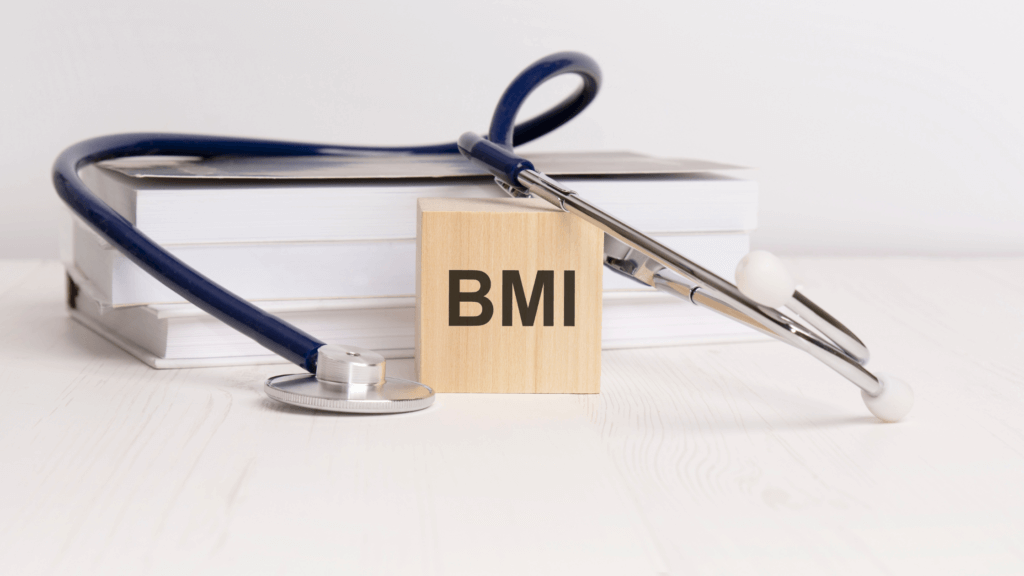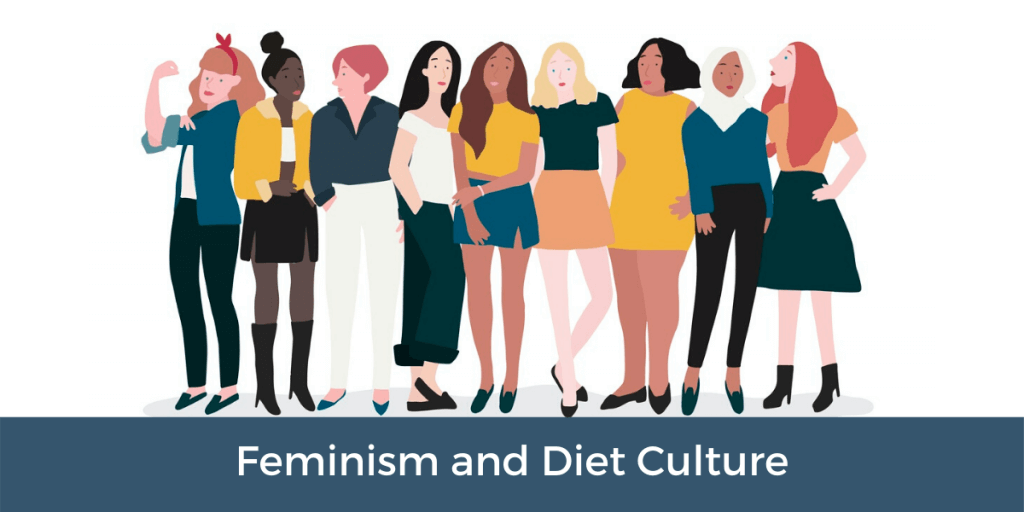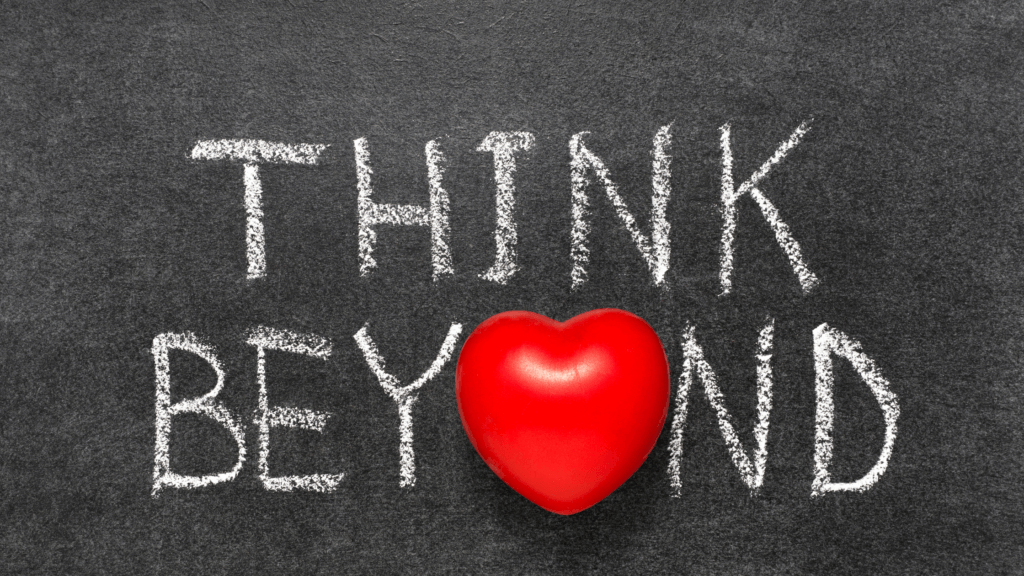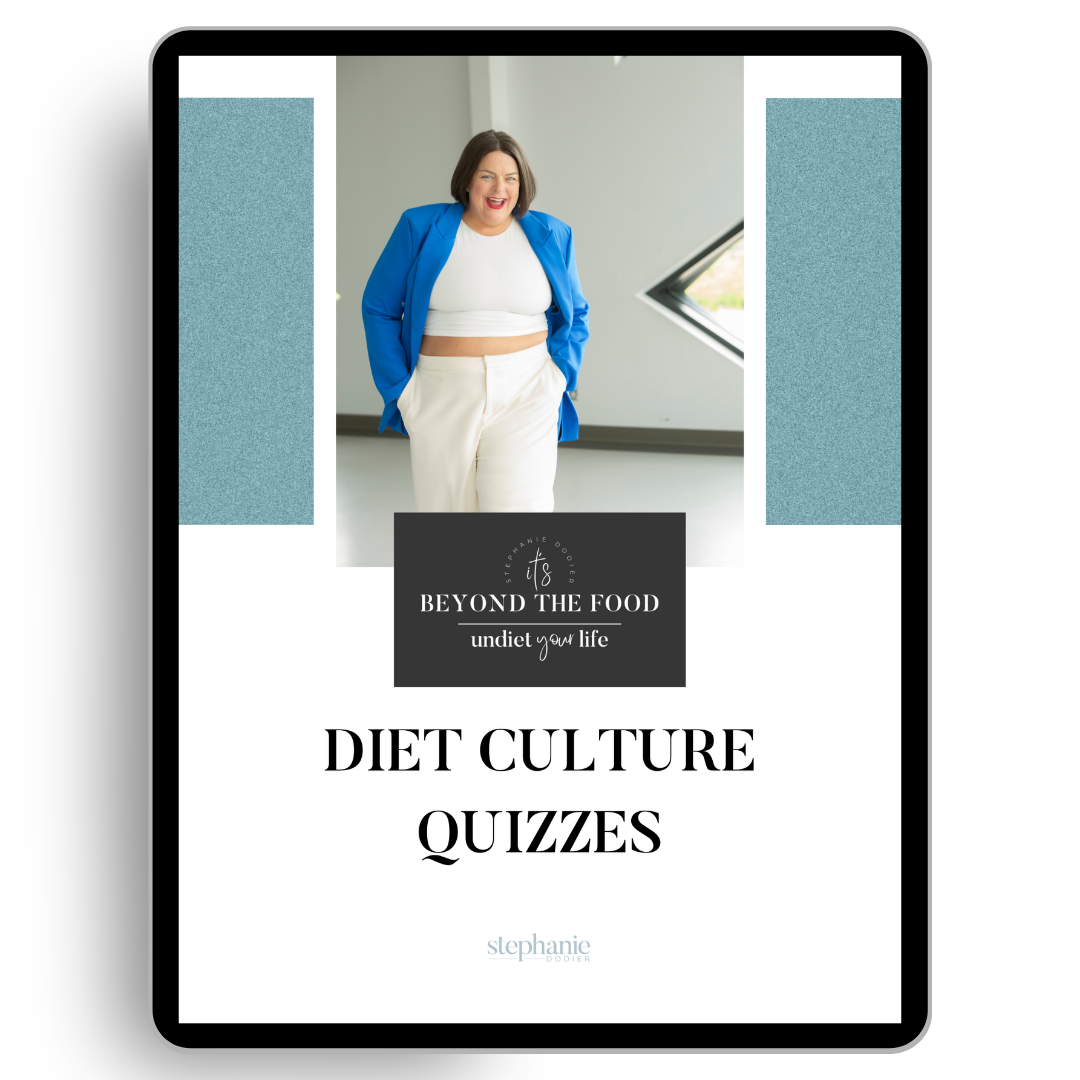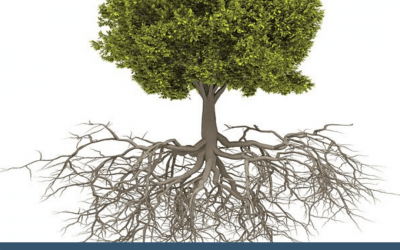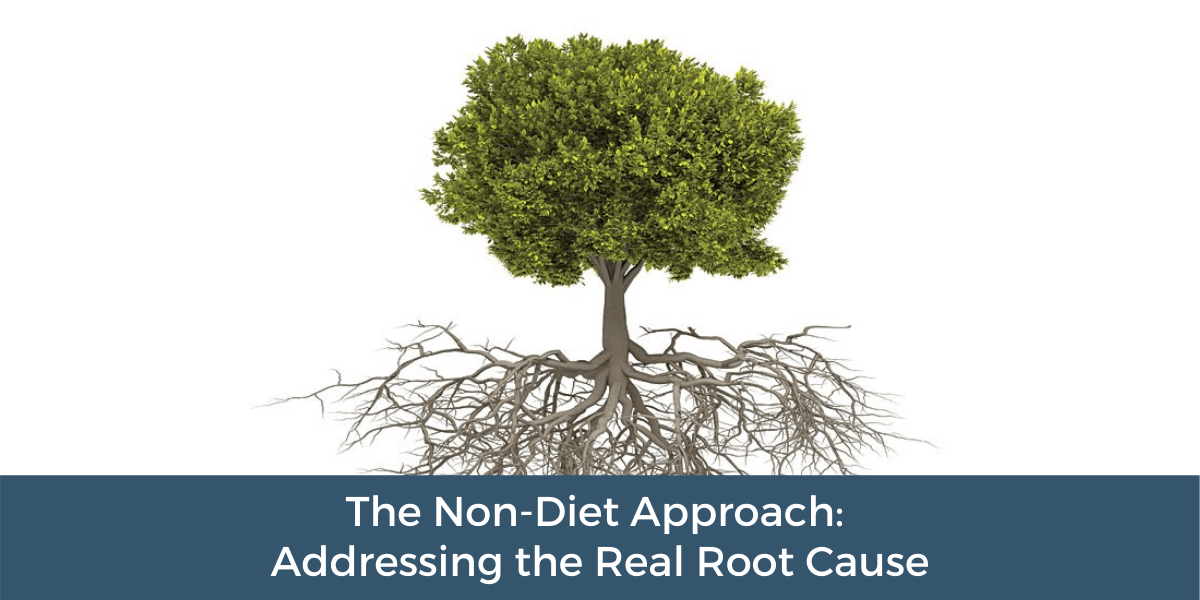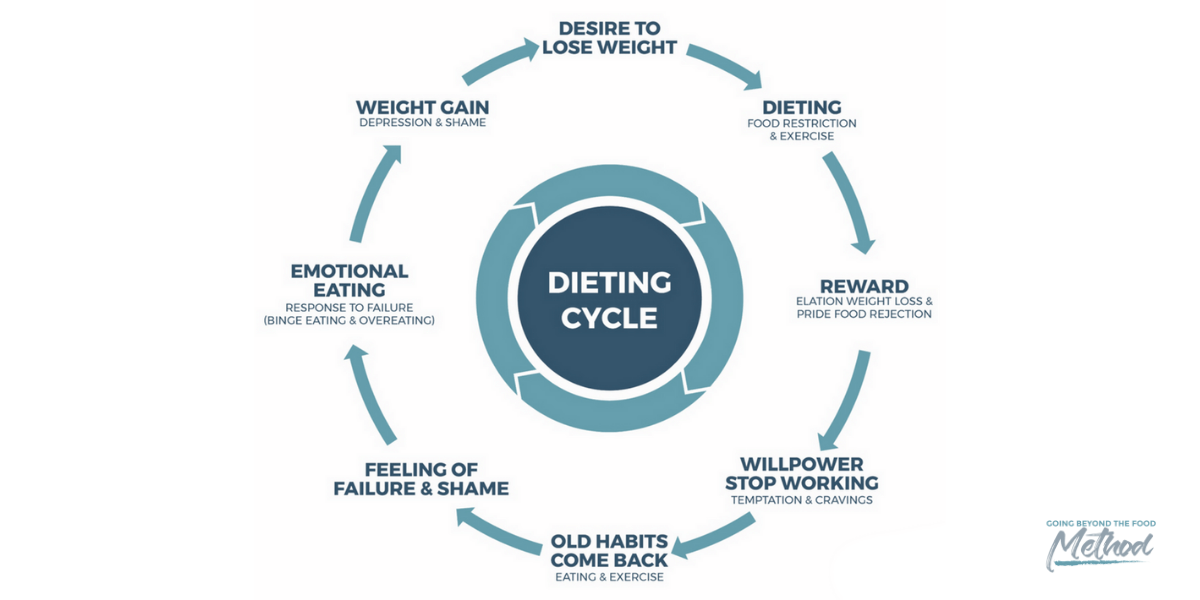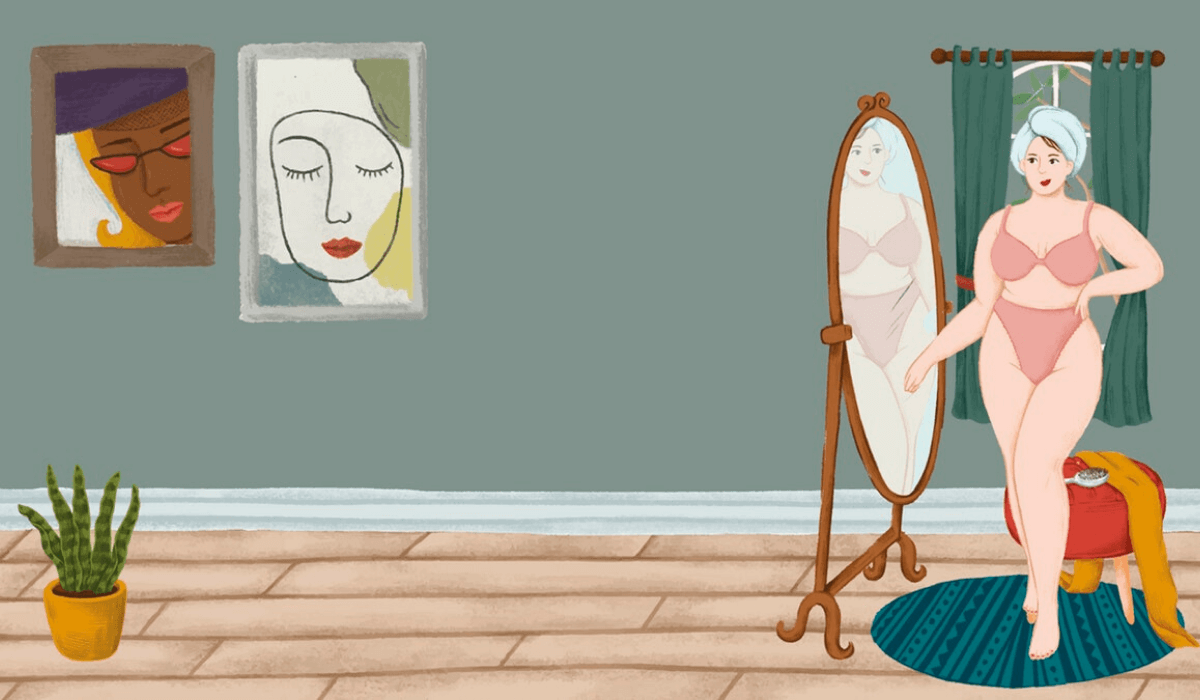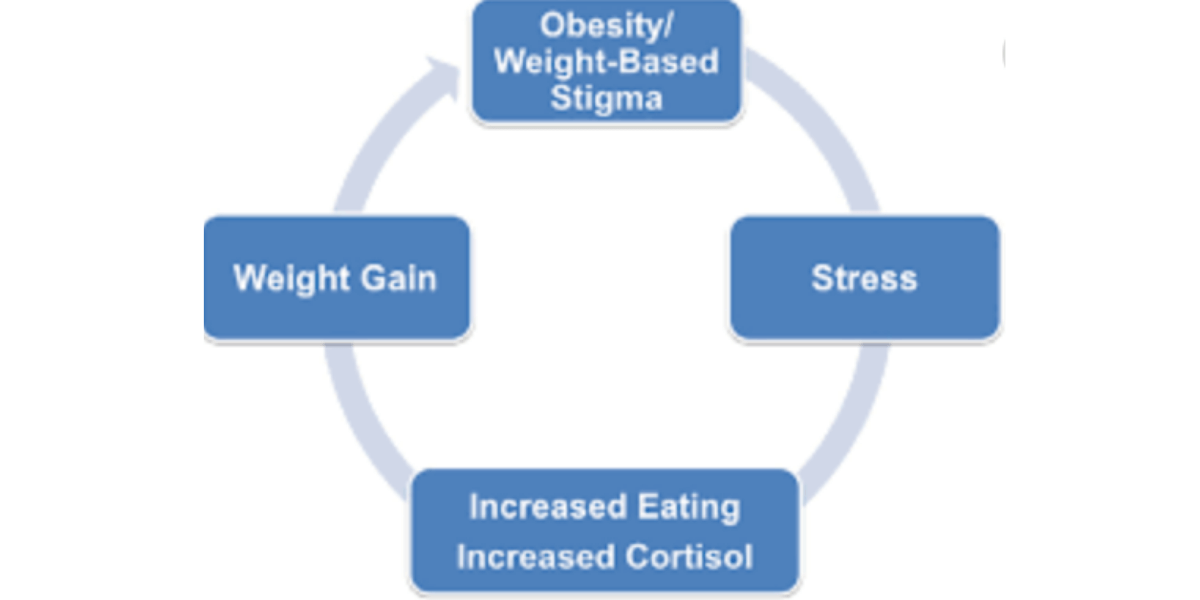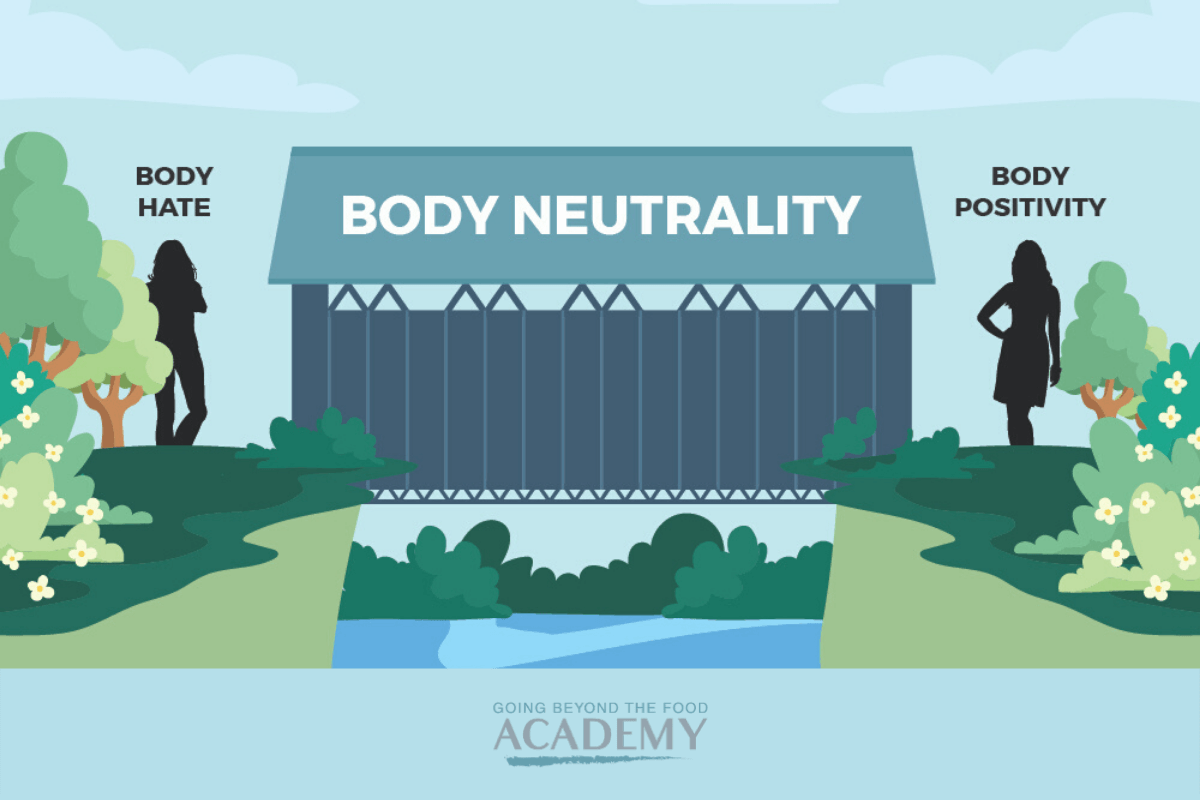BMI, Health and the Anti-Diet Health Approach: A New Perspective
Are you tired of the endless cycle of dieting and weight obsession? You’re not alone. As a society, we’ve been conditioned to believe that our health is directly tied to our weight and Body Mass Index (BMI). But what if I told you that this approach is not only unsustainable but potentially harmful?
The Tyranny of Diet Culture
Let’s start with some eye-opening statistics:
– By age 45, the average woman has tried 61 different diets.
– Women spend an equivalent of 31 years obsessing about changing their bodies.
– Only 4% of women in first-world countries consider themselves ‘beautiful.’
– 75% of women report attempting to control their weight through dieting.
– 95% of diets fail, with dieters regaining lost weight within 1-5 years.
Perhaps most alarmingly, almost half of American girls between 1st and 3rd grade want to be thinner. 50% of 9-10-year-old girls are already dieting.
These facts paint a clear picture: we’re not free. We’re oppressed by diet culture.
The Historical Context of BMI and Health
You might assume that the link between health and weight has always existed. But the truth is quite different.
The Origins of BMI
The BMI was invented in the early 1800s by a mathematician. Surprisingly, it had nothing to do with health. It was created to determine the “ideal” body for a white European elite male of that era.
Read more about the history of BMI here.
The Shift in Medical Advice
Up until the 1930s, weight loss was never part of physician advice or public health guidelines. The association between weight loss and health only emerged in the post-World War II era. This shift coincided with the rise of diet culture and the idealization of thin bodies.
It’s crucial to understand that health and weight loss became associated not because of scientific evidence, but because culture had created a desire for thinness and a disdain for larger bodies.
BMI: A Flawed Measure of Health
Despite its widespread use, the BMI is a poor indicator of overall health.
The UCLA Study
A 2016 study by researchers at UCLA examined 40,420 American adults, assessing their health through six accepted metrics:
1. Blood pressure
2. Triglycerides
3. Cholesterol
4. Glucose
5. Insulin resistance
6. C-reactive protein (inflammation marker)
The results were surprising:
– 47% of people classified as overweight by BMI were healthy.
– 29% of those qualified as obese were healthy.
– 31% of normal-weight people were unhealthy.
The researchers concluded: “Policymakers should consider the unintended consequences of relying solely on BMI, and researchers should seek to improve diagnostic tools related to weight and cardiometabolic health.”
BMI, Health and the Anti-Diet Health Approach: The Truth About Our Desire to Be Thin
Our societal obsession with thinness isn’t rooted in health outcomes. Instead, it’s deeply intertwined with sexism and racism.
As Sabrina Strings, Ph.D., author of “Fearing the Black Body,” explains, two critical historical developments contributed to the fetishization of thinness:
1. The transatlantic slave trade
2. The spread of Protestantism
In the United States, fatness became stigmatized as both “black” and “sinful.” Slenderness served as a marker of moral, racial, and national superiority.
Read more about Feminism and Diet Culture here
The Evolution of Beauty Standards and Female Oppression
Throughout history, changing beauty ideals have been used as a tool to keep women focused on their bodies and away from pursuing power.
– 1890s: The Gibson Girl ideal emerged as women began to demand more power.
– 1920s: The Flapper Girl coincided with women’s fight for political power and the right to vote.
– 1970s: Twiggy’s ultra-thin look appeared as women demanded equal work and equal pay.
As Naomi Wolf states in “The Beauty Myth”: “A cultural fixation on female thinness is not an obsession about female beauty but an obsession about female obedience… Dieting is the most potent political sedative in women’s history; a quietly mad population is a tractable one.”
The Solution: Health Beyond Dieting
As you become more educated about the non-diet approach to health, you must become comfortable with the fact that health isn’t measurable in one gold standard. It’s time to embrace a new approach to health—one that doesn’t revolve around weight loss or BMI.
The Weight-Neutral Approach to Health
A weight-neutral approach recognizes that health status can’t be determined solely by weight. It acknowledges that weight is influenced by complex factors, many of which are difficult or impossible to change.
This approach focuses on factors within your control:
– Thoughts
– Emotions
– Behaviors
By addressing these elements, you can improve your well-being and health, regardless of your weight.
The Four Bodies of Health
Humans are more than just physical bodies needing nutrition. We are composed of four interconnected bodies:
1. Emotional body: Needs emotional wellness
2. Mental body: Requires mental balance
3. Spiritual body: Craves connection and faith
4. Physical body: Needs proper nutrition and movement
True health is the sum of all four bodies’ well-being.
Embracing the Anti-Diet Health Approach
Transitioning to an anti-diet approach can be scary for both professionals and individuals. But it’s a crucial step towards true health and well-being.
If you’re ready to explore this approach further, I’d like to invite you to a training I delivered a few months ago, “How to coach weight-neutral health.” This is how we approach health within the Going Beyond the Food Method™️.
I have also written an in-depth article on various tactics to support your Health Beyond Dieting; you can read here.
Conclusion: BMI, Health and the Anti-Diet Health Approach
It’s time to move beyond BMI and weight-centric approaches to health. By embracing a weight-neutral, holistic view of well-being, we can break free from the cycle of dieting and truly thrive.
Remember, your worth is not determined by your weight or your BMI. You are so much more than a number on a scale. It’s time to reclaim your health, your happiness, and your power.
Are you ready to start your journey towards true health beyond dieting?
You can access all of our services on our work with us page. We have a number of programs and service levels enabling us to serve most women:
Free Resources and Masterclasses: Get started and get to know us better!
Private coaching with Stephanie and her team Stephanie and her team of Certified Non-Diet Coaches are waiting to support you in a one-to-one setting with an individualized plan.
It’s Beyond The Food – Undiet Your Life group coaching program is for women to learn how to eat intuitively, become body neutral, and learn self-coaching at their own pace while being supported in a group setting by Stephanie and her team of Certified Non-Diet Coaches.
Non-Diet Coaching Certification for professionals ready to integrate the Going Beyond The Food Method™️ in their practice and for women wanting to become Certified Coach and build a business coaching other women beyond the food.

